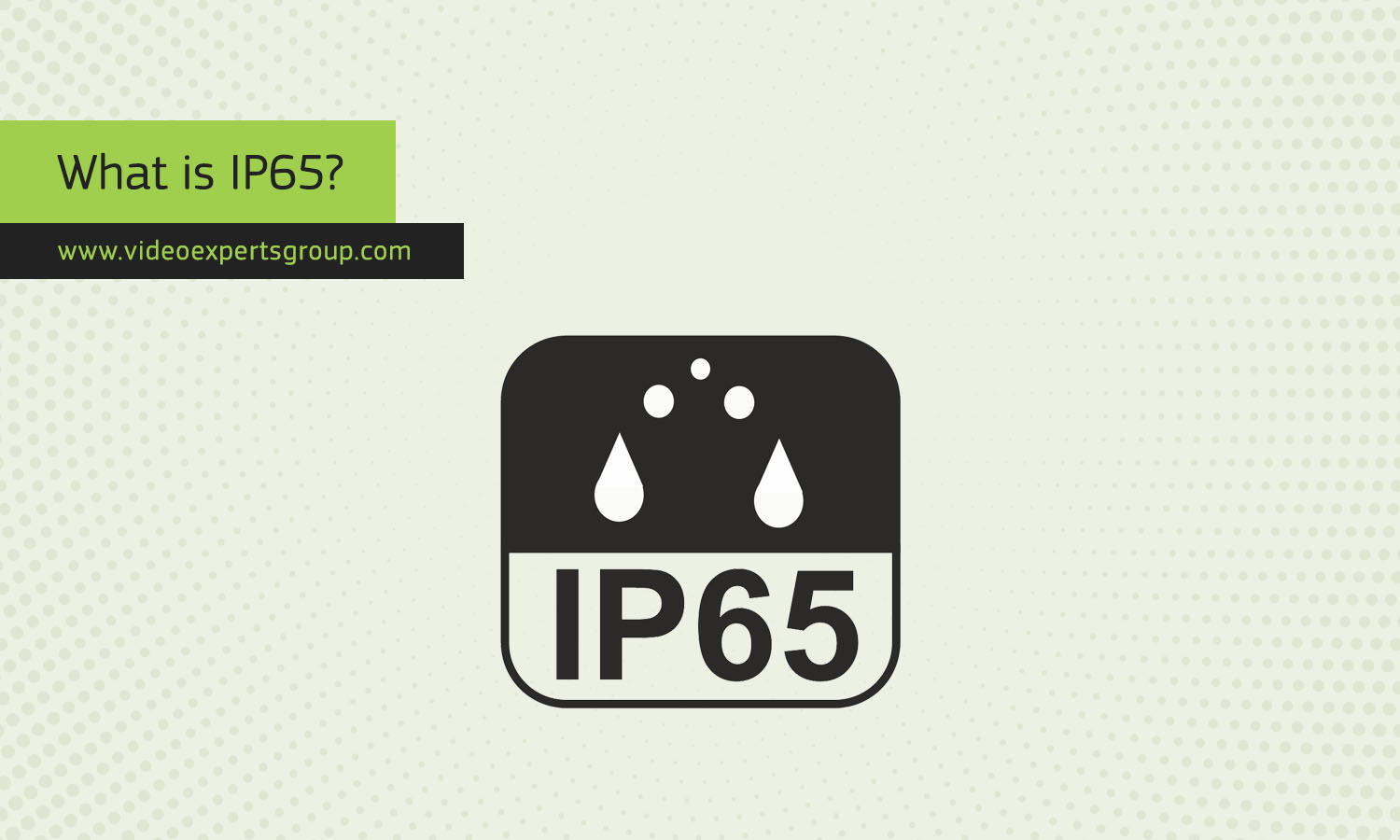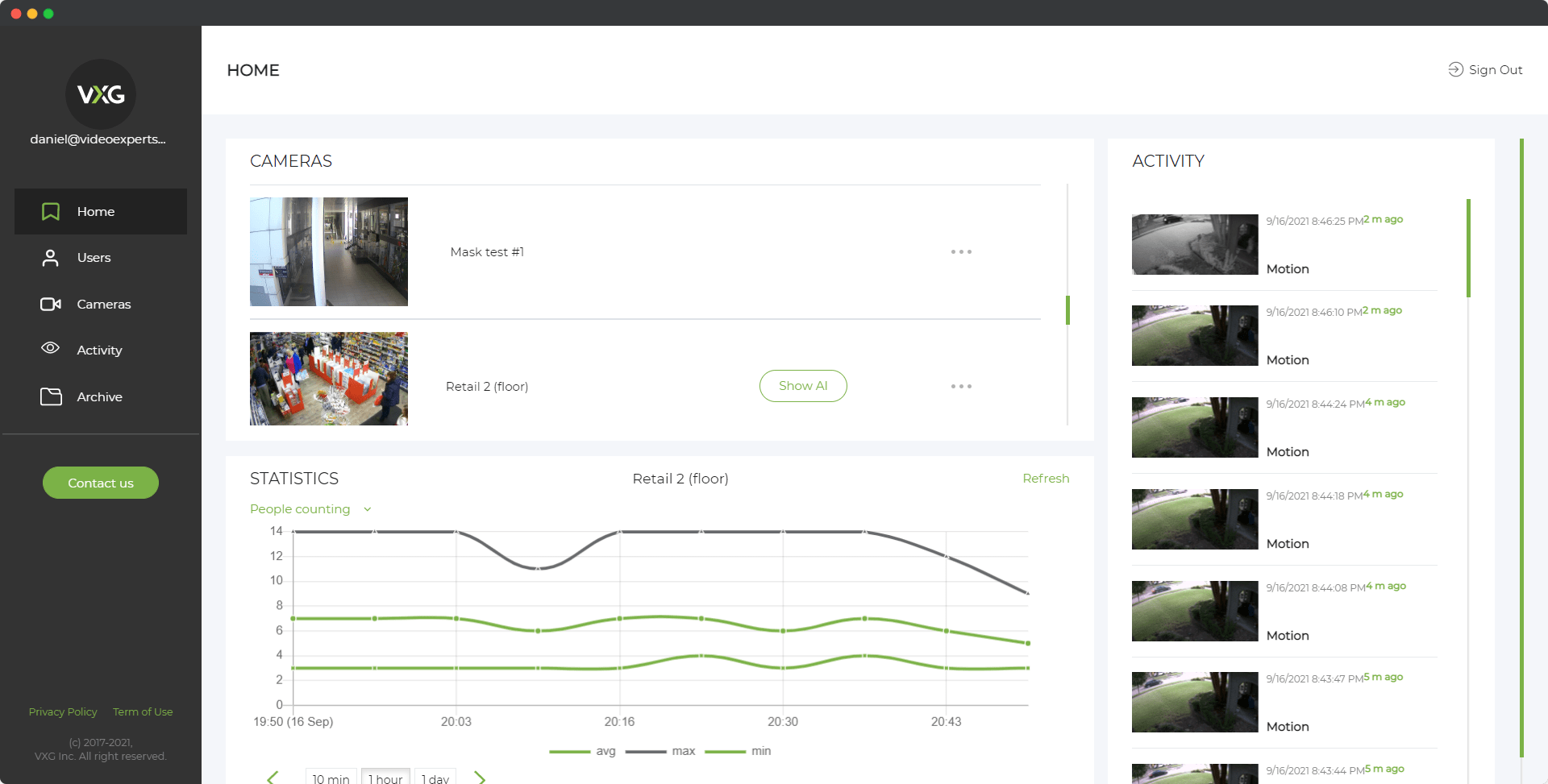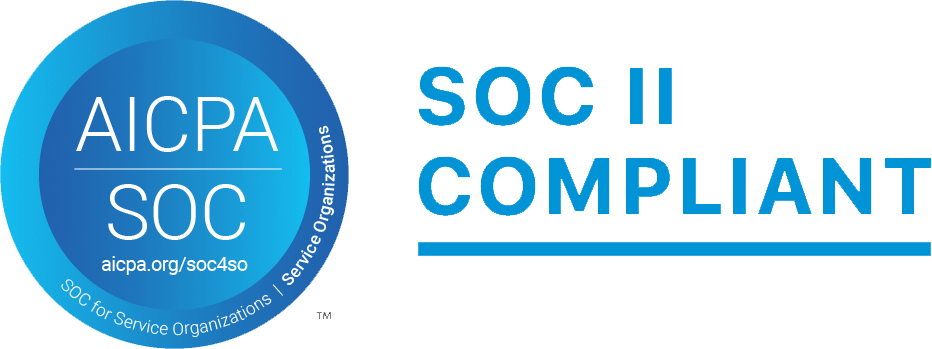IP65 is a rating used to describe the level of protection an electronic device has against dust and water. This rating is part of the International Protection (IP) code, which is defined by the International Electrotechnical Commission (IEC). The IP code helps consumers understand how well-protected a device is against environmental factors.
Meaning
The IP65 rating consists of two numbers:
- First Number (6): This digit indicates the level of protection against solid objects and dust. A rating of 6 means the device is completely dust-tight, offering full protection against dust particles.
- Second Number (5): This digit signifies the level of protection against water. A rating of 5 means the device is protected against water jets from any direction. Specifically, it can withstand water jets projected at a pressure of 30 kPa (kilopascals) from a 6.3 mm nozzle at a distance of about 3 meters for at least 3 minutes.
An IP65 rating means the device is fully protected against dust and can handle water jets from any direction without being damaged.
How Waterproof is IP65?
An IP65 rating indicates that a device is resistant to water jets but not completely waterproof. This means:
- Water Resistance: The device can handle being exposed to water jets from a nozzle, making it suitable for outdoor use where it might be exposed to rain or cleaning sprays. However, it should not be submerged in water.
- Protection in Real-World Scenarios: Devices with an IP65 rating are often used in environments where they might get wet but are not likely to be submerged. This includes outdoor lighting, security cameras, and some types of outdoor electronic signage.
It’s important to note that while an IP65-rated device can resist water to a certain extent, it is not designed to be immersed in water. For devices that need to be waterproof under water, higher ratings like IP67 or IP68 are required.
IP65: Pros and Cons
Pros
- Dust Protection: Complete protection against dust makes IP65-rated devices suitable for dusty environments such as construction sites, factories, and outdoor areas.
- Water Resistance: Provides significant water resistance, protecting the device from rain, splashing water, and cleaning with water jets. This makes it ideal for outdoor and industrial applications.
- Durability: The combination of dust and water protection enhances the overall durability of the device, leading to a longer lifespan in harsh environments.
- Versatility: Suitable for a wide range of applications, including outdoor lighting, security systems, industrial machinery, and consumer electronics.
Cons
- Not Submersible: While IP65 devices can resist water jets, they are not designed to be submerged in water. Submersion can cause damage, making them unsuitable for underwater applications.
- Limited Water Protection: Although they provide good protection against water jets, higher levels of water exposure, like heavy flooding or continuous high-pressure washing, might still pose a risk.
- Potential Misuse: Users might mistakenly assume IP65-rated devices are completely waterproof, leading to misuse in situations where higher protection is required.
An IP65 rating offers excellent protection against dust and water jets, making it suitable for many outdoor and industrial applications. However, it is important to understand its limitations regarding water exposure to ensure the device is used appropriately.
Read also:
















